Keywords: Australian Church
There are more than 200 results, only the first 200 are displayed here.
-

RELIGION
- Michele Frankeni
- 14 June 2022
2 Comments
On social media, business cards and the bottom of emails nowadays you will often find a bracket with people’s preferred pronouns (he/him or she/her or they/them). Without fanfare, gender neutrality has slipped into our 21st century speech and our unconscious, and it is only when we are confronted with the gender specific language that we realise how we’ve changed.
READ MORE 
-
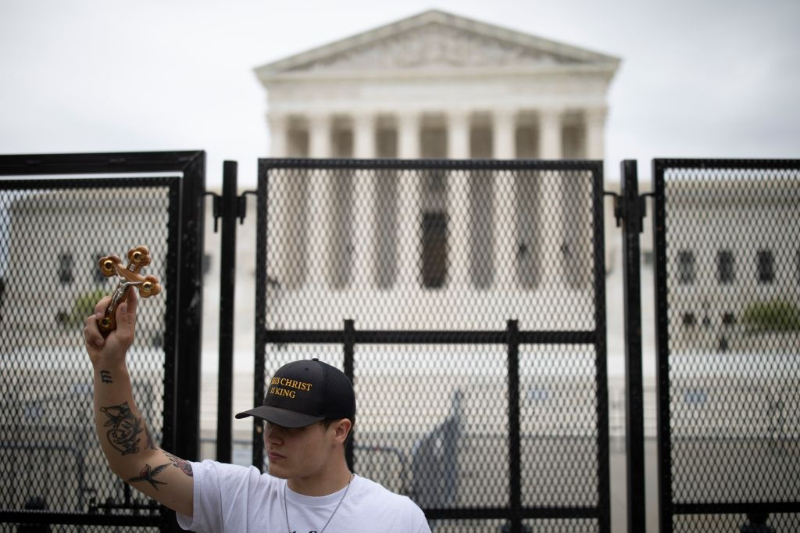
RELIGION
- Miles Pattenden
- 26 May 2022
19 Comments
News leaked earlier this month that the US Supreme Court plans to overturn its most famous decision, that in Roe vs Wade (1973) which protects a pregnant woman's freedom to choose to have an abortion without excessive government restriction. The decision has attracted much criticism both in the past and now on account of its dubious legal reasoning – in particular, its attempt to link the right to abort to a right to privacy which itself was notional and not specified in the US Constitution.
READ MORE 
-

INTERNATIONAL
- Gillian Bouras
- 26 May 2022
14 Comments
In the photo I have just seen Vadim Shishimarin is in the dock, hanging his head. He is 21, but looks about 15 as he stands there in the polycarbonate box, the first Russian soldier to be charged and tried in Ukraine for a war crime. He holds the rank of sergeant and was a tank commander. At 21? (I’m embarrassed to recall how immature I was at 21.) It is likely he has a mother: I wonder how she is feeling right now, but think I can make a good guess.
READ MORE 
-
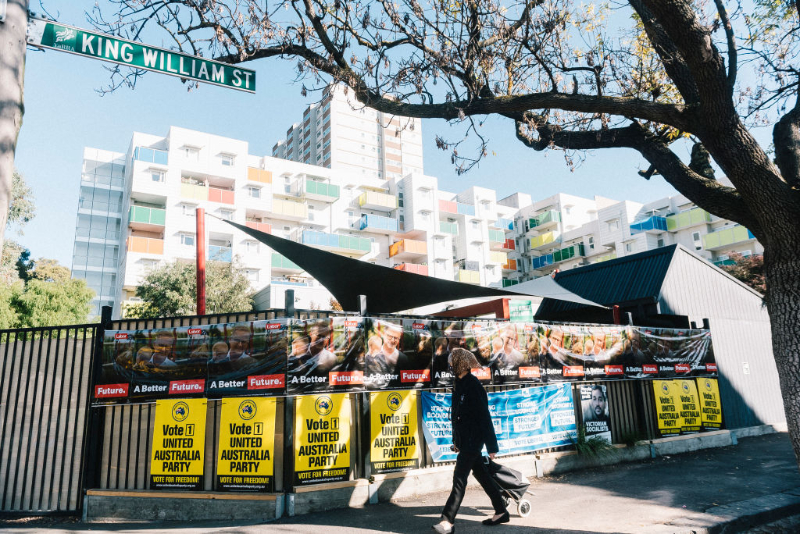
AUSTRALIA
- John Warhurst
- 24 May 2022
13 Comments
Governments lose elections, but Oppositions still must demonstrate that they are a capable alternative. Both the Morrison Coalition government and the Albanese Labor Opposition played their part last Saturday. There were many sub-plots in the pattern of voting, but this election was primarily lost and won in the four biggest mainland cities.
READ MORE 
-
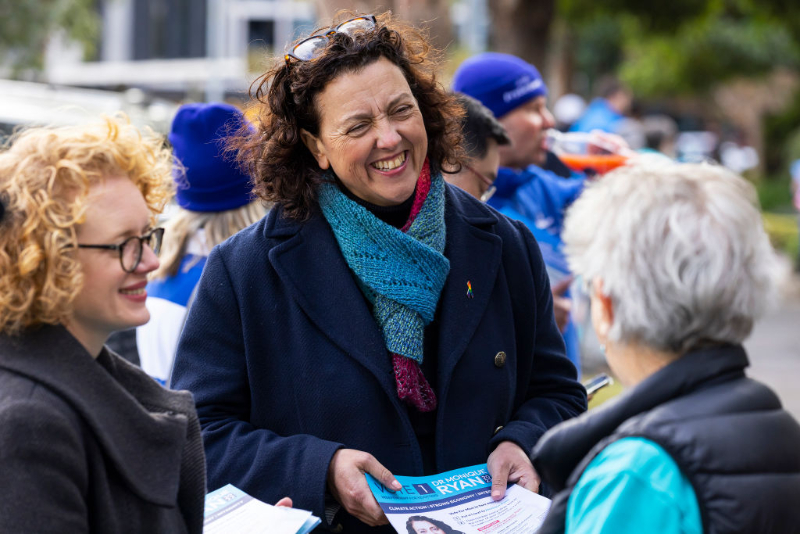
EDUCATION
- Chris Middleton
- 23 May 2022
7 Comments
Perhaps the most dramatic individual result of the Federal election was that Menzies’s seat, Kooyong, has fallen to a Teal independent, Dr Monique Ryan. Xavier College sits in the Kooyong electorate, and Dr Ryan is a parent at the College. Dr Ryan proved to be an impressive candidate who ran as a good a local campaign as I have ever seen. It was marked by a strong engagement by many locals, and especially among professional women, and older residents.
READ MORE 
-
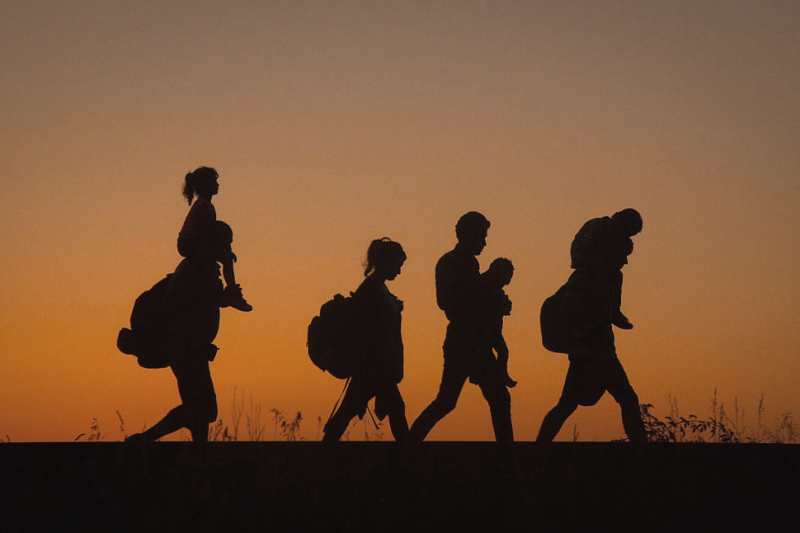
RELIGION
I have always considered myself pro-life. It’s not something I’ve felt a need to wear as a badge of honour, rather it has always been a default position. But terminology matters. Indeed, frequently, calling myself pro-life has drawn the derision or raised eyebrows of people around me, nuns and priests and radical ratbags alike, it has connotations.
READ MORE 
-

AUSTRALIA
- Julian Butler
- 12 May 2022
3 Comments
Election campaigns can be defined by all sorts of things. Gaffes, negative ads, international incidents, public policy. It is trite but no less true to say that this federal election campaign has been much more about the first three rather than the last. The policy discussion has been edged into the election mix most seriously by various interest groups and by some of the macro party and independent candidates seeking election.
READ MORE 
-
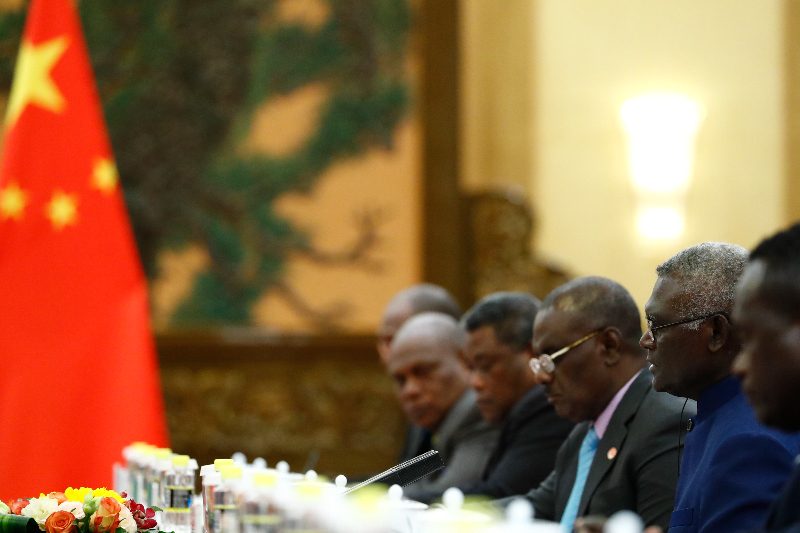
INTERNATIONAL
- Binoy Kampmark
- 10 May 2022
8 Comments
On May 3, the Prime Minister of the Solomon Islands, Manasseh Sogavare, vented his fury in parliament at ‘the continual demonstration of lack of trust by the concerned parties, and tacit warning of military intervention in Solomon Islands if their national interest is undermined in Solomon Islands.’ The targets of the speech — Australia and the United States — were clear enough.
READ MORE 
-
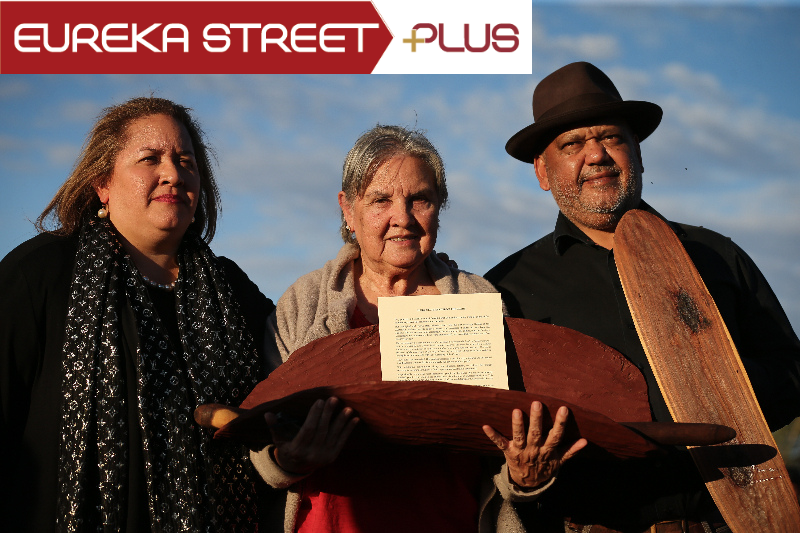
AUSTRALIA
- Frank Brennan
- 06 May 2022
5 Comments
Whoever is Prime Minister after the election on May 21, he will need to address the question of Indigenous recognition in the Australian Constitution. This is the sixth election in a row when the question has been a live, unresolved issue during the election campaign. The patience of Indigenous leaders is understandably wearing thin. Trust is waning. There is still no clear path ahead. So where to from here?
READ MORE 
-
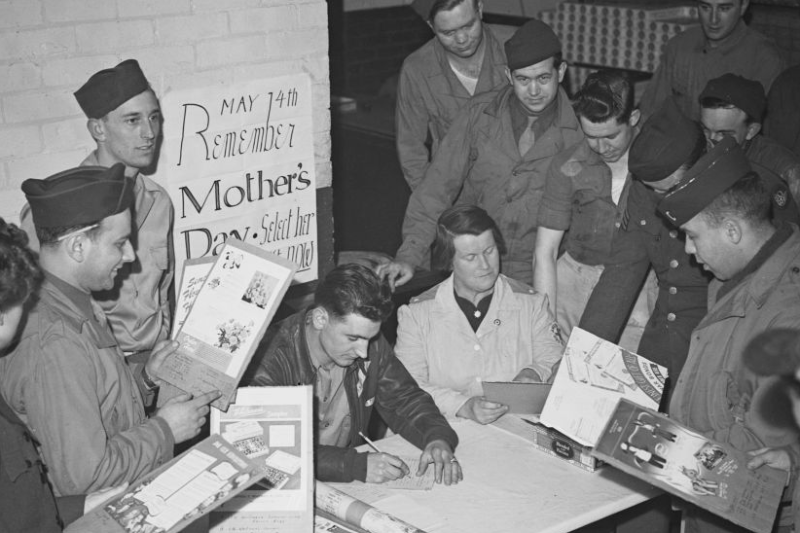
AUSTRALIA
- Kerrie Handasyde
- 03 May 2022
7 Comments
Mother’s Day was a religious event, as was the older English tradition of Mothering Sunday in which worshippers returned home to their ‘mother church’. But as this new celebration of Mother’s Day spread around the English-speaking world, it preserved in public and private ritual a particular idea of womanhood. It asserted that true womanhood was motherly.
READ MORE 
-
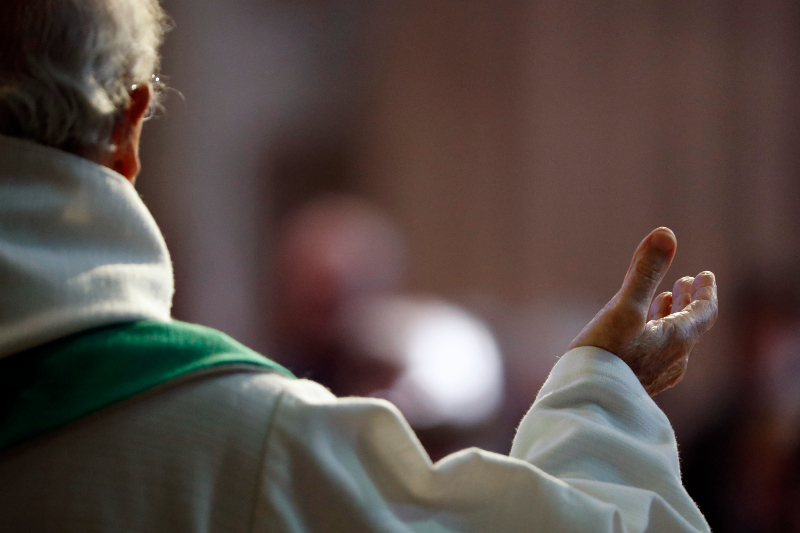
RELIGION
- Andrew Hamilton
- 03 May 2022
9 Comments
We should not underestimate the difficulty that people who represent independent branches of the same organization face when drawing up an agreed statement on contentious issues. Even the widely applauded Uluru Statement from the Heart did not secure the support of all Indigenous groups. If the Bishops Statement was to be effective it had to be supported, or at least tolerated, by all members of the Conference, despite their differing views about political and church issues and the priority that should be given to them in advocacy.
READ MORE 
-

RELIGION
- John Warhurst
- 26 April 2022
22 Comments
The Church must speak up to be relevant, but those who seek to ‘speak for the church’ must be brave. They risk exposing themselves to claims of bias unless they stick to a very narrow agenda and speak in extremely measured terms. Yet if they are too bland they risk being irrelevant to the sharp end of political debate and their intervention becomes little more than a symbolic ritual.
READ MORE 